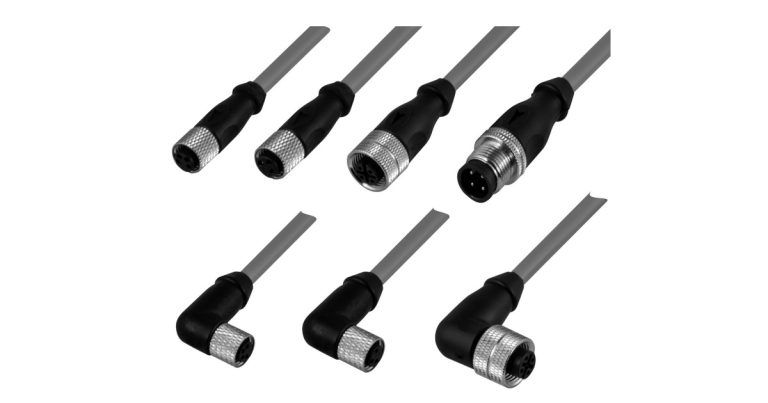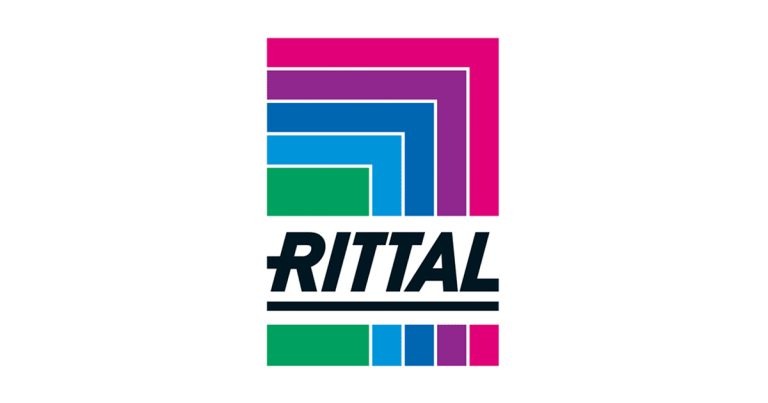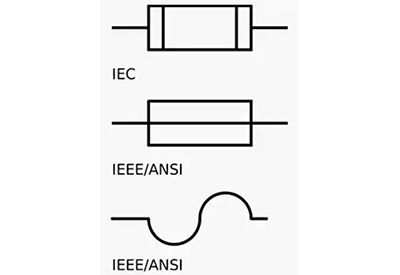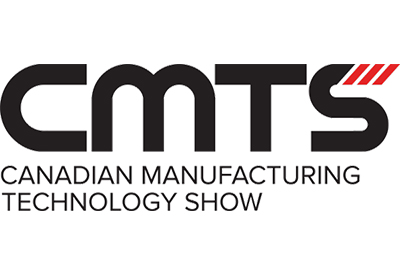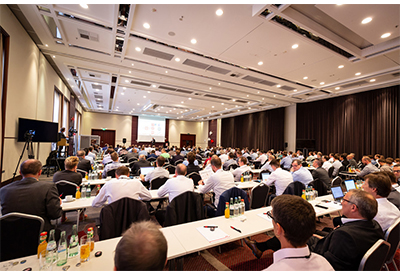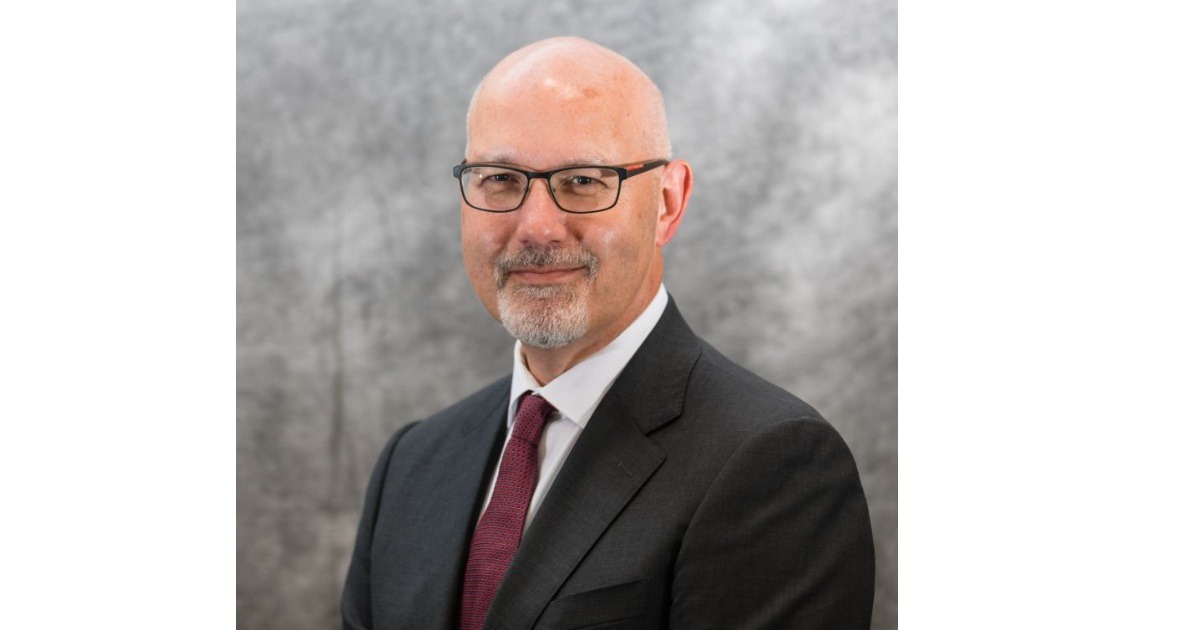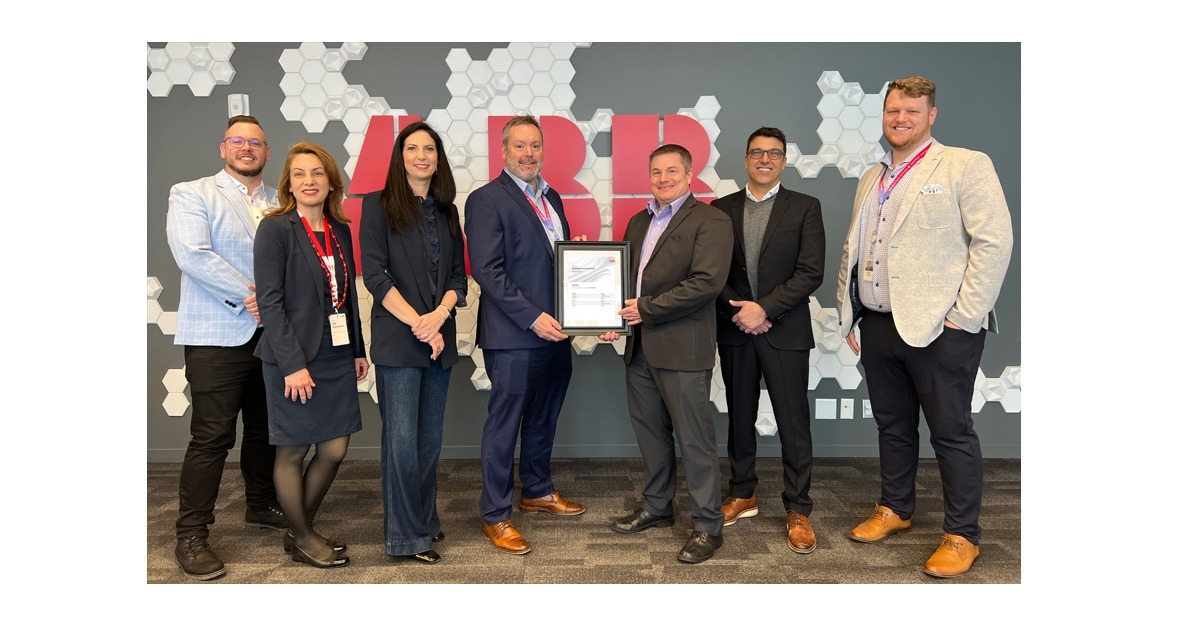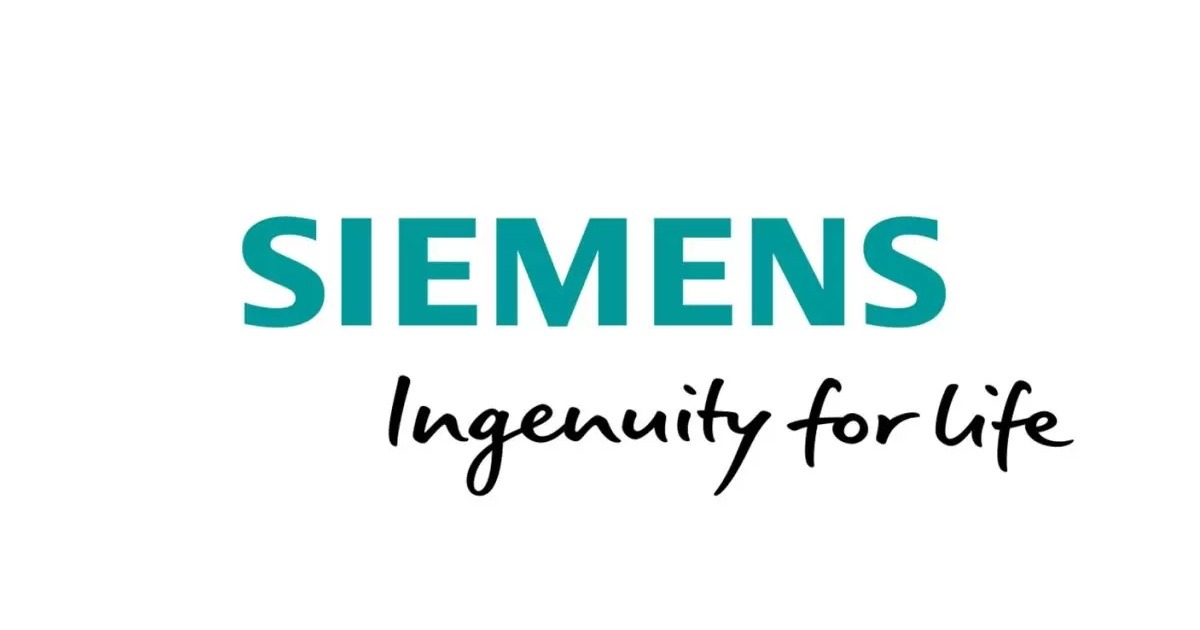SICK Invests in Industrial AI for Automation – Innovative Strength & Cost Management Secure Profitability in Challenging Business Year 2024
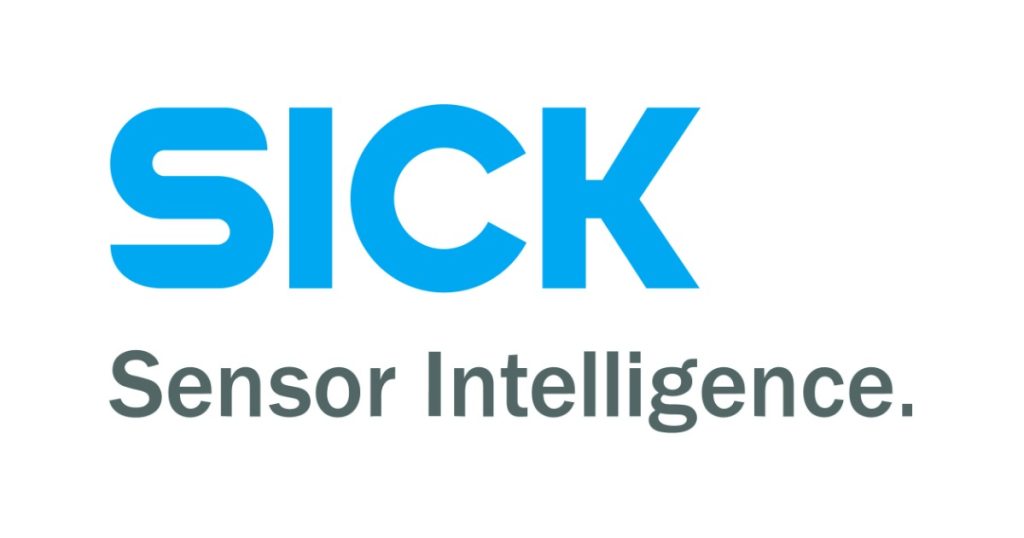
April 11, 2025
Further Investment in Industrial AI for Automation Announced by SICK
Innovation, customer focus and active cost management: SICK, an international provider of sensor-based automation solutions headquartered in Germany, set these focus points and achieved a solid result in the challenging business year 2024. Sales and EBIT decreased, while investments in research and development remained high. In a difficult market environment, SICK performed robustly and was able to further invest and expand its position for Industrial AI on the global automation market.
The 2024 financial year was marked by a difficult industrial economic development. Ongoing local crises and geopolitical uncertainties, protectionist measures and the threat of higher import tariffs put the industry under pressure. The global automation market also developed slowly and the anticipated recovery in mid-2024 failed to materialize.
Business Development Adapts to Challenging Market Environment
SICK’s sales in the 2024 financial year adapted to this challenging market environment and reached EUR 2,103 million*. This represents a change of -8.9 percent compared to the previous year. Currency effects had a negative impact on the development: assuming unchanged average exchange rates from the previous year, sales would have declined by 7.8 percent. Earnings before interest and taxes (EBIT) fell by 51.4 percent to EUR 91.9 million, with an EBIT margin of 4.4 percent.
While SICK’s business development in its home market of Germany and in Asia-Pacific – primarily in China – was more strongly impacted by the difficult market situation, the decrease in sales in the EMEA and Americas regions was less pronounced. In Austria and the UK, Canada and Brazil as well as India and Southeast Asia, SICK was able to achieve up to double-digit sales growth with its sensor solutions.
Profitability Secured Thanks to Cost Discipline & Undiminished Innovative Strength
Dr. Mats Gökstorp, Chairman of the Executive Board at SICK AG:
“We achieved a solid result in 2024, given the challenging conditions. This is primarily thanks to the dedicated efforts of our employees worldwide. We have further increased our global customer presence, accelerated our pace of innovation and invested in new technologies for sensor-based automation and Industrial AI. This positions SICK robustly to support customers worldwide in the automation and digitalization of manufacturing and logistics processes – and to counter a weak economy with unwavering innovative strength.”
Jan-H. Eberhardt, Member of the Executive Board at SICK AG and responsible for Finance and IT:
“SICK has a strong earnings position and operated profitably in the challenging fiscal year 2024. Through strict cost discipline, consistent optimization of internal structures and processes, and customer-centric innovations, we achieved profit and continued to pursue our course.”
Number of Employees at Previous Year’s Level
As of the financial statement date of December 31, 2024, 11,804 employees were working at SICK. Due to subdued market demand, the planned workforce growth for 2024 was not necessary. As a result of fluctuation, there was a decrease of 3.1 percent. At the beginning of 2025, the strategic partnership with Endress+Hauser for process automation came into effect, as a result of which around 800 SICK employees from the former “Cleaner Industries” business unit moved to the joint venture “Endress+Hauser SICK”, and around 700 employees moved to Endress+Hauser Sales and Service. Taking this change into account, SICK employed 10,176 people as of the financial statement date.
Industrial AI Investment the Focus of Research & Development at SICK
With 12.2 percent of its sales, SICK once again invested significantly in research and development to transform innovative ideas into marketable products. To provide customers worldwide with the best possible support for their automation projects, SICK continues to develop its own sensor solutions and invests in new technologies. This includes targeted acquisitions in the field of AI- and software-driven sensor technology, as well as partnerships. SICK is thereby strategically expanding its product portfolio in growth markets, such as Autonomous Mobile Robots.
The combination of Industrial AI and sensor technology brings added value to companies by increasing productivity and efficiency and improving the safety of industrial processes. Therefore, SICK focuses on further investment into Industrial AI research and expands its software, Industrial AI, and digitalization competencies. With the introduction of the ‘Inspector83x’ in 2024, SICK has enhanced its leading camera sensor technology with easy-to-use Artificial Intelligence, thereby improving quality control for manufacturing companies.
In 2024, SICK submitted 163 patents, including 26 solutions explicitly based on Industrial AI and deep learning. These sensor-based AI applications can achieve a new level of performance, and the AI solutions are easy for customers to use.
Cautious Outlook for 2025
“In 2025, we continue to feel economic headwinds, which we will counter with ongoing measures to improve results and a strong market presence,” says Chairman of the Executive Board at SICK Dr. Mats Gökstorp. “With our intelligent sensor solutions and focus on automation in production and logistics as well as Industrial AI, we will achieve a profitable business year 2025 for SICK. As a global company that generates more than 80 percent of its sales outside Germany, SICK also depends on stable economic and political conditions,” Gökstorp continues.
Industrial automation is fundamentally a growth market and technological developments such as artificial intelligence will further increase the demand for innovative sensor technology. Through investing in automation, companies can secure their productivity despite limited resources. Industrial automation, which increases productivity through artificial intelligence and the digital networking of production and supply chains, requires sensor solutions. This opens up growth and investment opportunities in the various regions and industries in which SICK operates.


